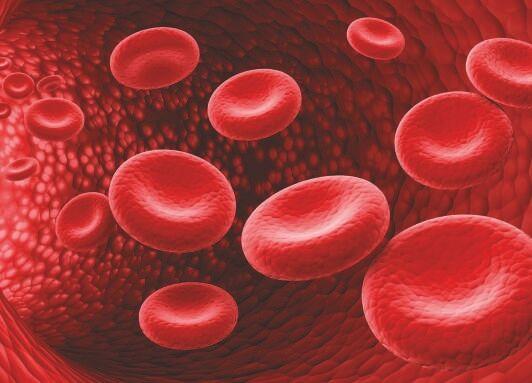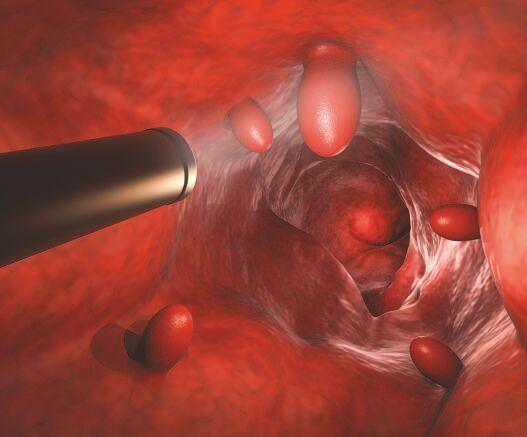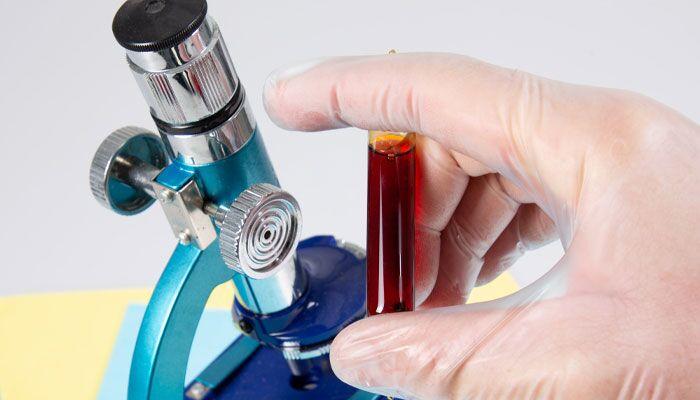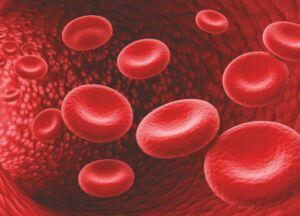
New Medications for Cholesterol Regulation
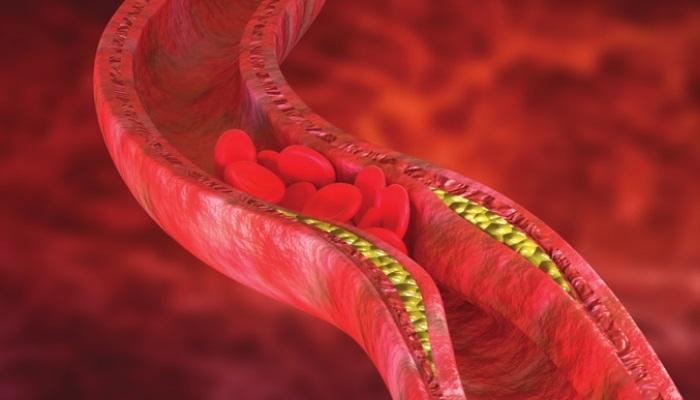
Cardiovascular disease (CVD) is one of the leading causes of death worldwide. Some of the recently approved lipid-modifying drugs improve lipid abnormalities by reducing low-density lipoprotein cholesterol (LDL-C) and triglycerides (TG) or increasing high-density lipoprotein cholesterol (HDL-C), eventually decreasing the incidence of cardiovascular events. Statins are the standard of care for the management of hypercholesterolaemia. However, several patients fail to acquire optimal LDL-C levels or are intolerant to statins at high doses.
Novel LDL-C-lowering agents with promising results include inclisiran, PCSK9 inhibitors, bempedoic acid, ANGPTL3 inhibitors, PPAR/agonists, and LXR agonists. Below is a brief discussion of them.
Inclisiran: The European Medical Association (EMA) and Food and Drug Administration (FDA) approved inclisiran is the first-in-class siRNA for sustained reduction of LDL-C. Inclisiran is a double-stranded small RNA that inhibits the transcription of proprotein convertase subtilisin/kexin type 9 (PCSK9) leading to reduced production of PCSK9 hepatocytes. It is a potential alternative to PCSK9 monoclonal antibody LDL-C-lowering therapy.
PCSK9 inhibitors: PCSK9 binds to the low-density lipoprotein receptor (LDLR) and directs the receptors for lysosomal destruction, increasing the LDL-C levels in the blood. Two PCSK9 inhibitors in the form of monoclonal antibodies to PCSK9 (evolocumab and alirocumab) were approved by the US FDA for patients suffering from clinical atherosclerotic cardiovascular disease (ASCVD).
Bempedoic acid: Bempedoic acid is a prodrug expressed primarily in the liver. Bempedoic acid inhibits adenosine triphosphate-citrate lyase (ACL) after activation. Inhibition of ACL leads to reduced levels of acetyl CoA at a point in the lipid synthesis pathway, resulting in decreased cholesterol synthesis in the liver.

ANGPTL3 inhibitors: Angiopoietin-like protein 3 (ANGPTL3) is a secretory protein produced in the liver and regulates plasma lipid levels by inhibiting lipoprotein lipase (LPL)-mediated and endothelial lipase (EL)-mediated hydrolysis of triglycerides and phospholipids. Evinacumab is a fully human ANGPTL3-blocking monoclonal antibody approved by the US FDA and by the EMA for the management of refractory hypercholesterolaemia.
PPARβ/δ agonists: Peroxisome proliferator-activated receptors (PPARs) are nuclear ligand-activated proteins which regulate the transcription of target genes controlling metabolism and energy equilibrium. PPARs play a crucial role in lipid homeostasis.
LXR agonists: Liver X receptors (LXR) are ligand-activated transcription factors that play a vital role in the regulation of gene expression, especially in lipid metabolism and cholesterol homeostasis. WAY-252623 (LXR-623) is a selective and orally bioavailable synthetic LXR modulator.
There is a need for alternative LDL-C-lowering therapies for patients on statin therapy who fail to attain optimal LDL-C goals or are intolerant to statins at high doses. As a result, alternative LDL-C-lowering therapies with a favourable side effect profile have emerged. LDL-C levels could be effectively and sustainably reduced by using either alone or in combination with statins. Inclisiran, PCSK9 inhibitors, bempedoic acid, ANGPTL3 inhibitors, PPARβ/δ agonists and LXR agonists are approved or upcoming LDL-C-lowering agents.
References
Kosmas, C. E., Pantou, D., Sourlas, A., et al. (2021). New and emerging lipid-modifying drugs to lower LDL cholesterol. Drugs in context, 10, 2021-8-3 https://pubmed.ncbi.nlm.nih.gov/34795777/
Xu, R. X., & Wu, Y. J. (2020). Lipid-Modifying Drugs: Pharmacology and Perspectives. Advances in experimental medicine and biology, 1177, 133–148. https://pubmed.ncbi.nlm.nih.gov/32246446/
Chaiyasothi, T., Nathisuwan, S., Dilokthornsakul, P., et al. (2019). Effects of Non-statin Lipid-Modifying Agents on Cardiovascular Morbidity and Mortality Among Statin-Treated Patients: A Systematic Review and Network Meta-Analysis. Frontiers in pharmacology, 10, 547. https://pubmed.ncbi.nlm.nih.gov/31191304/















































